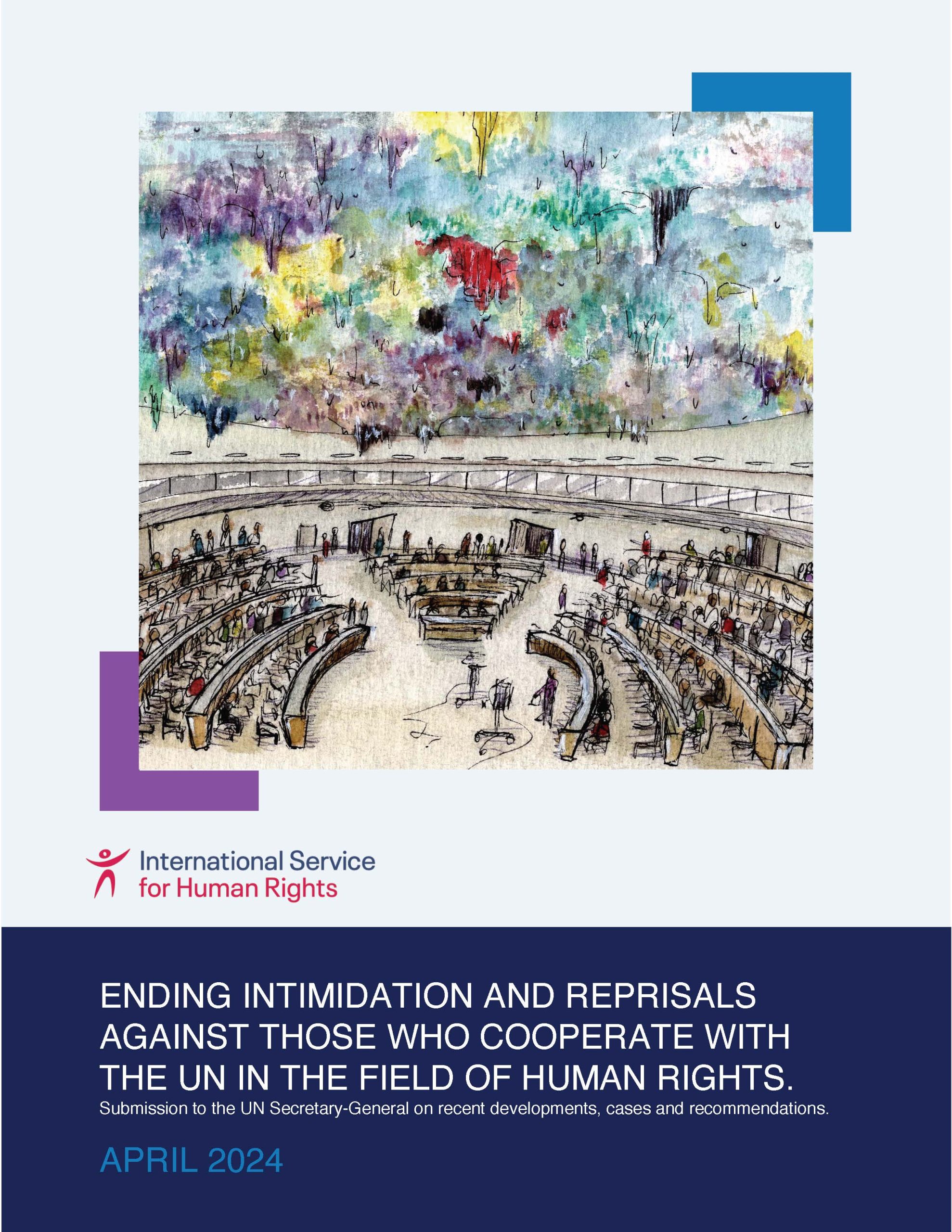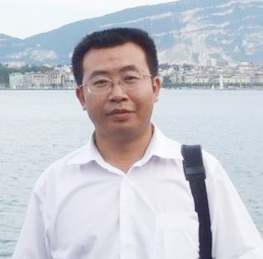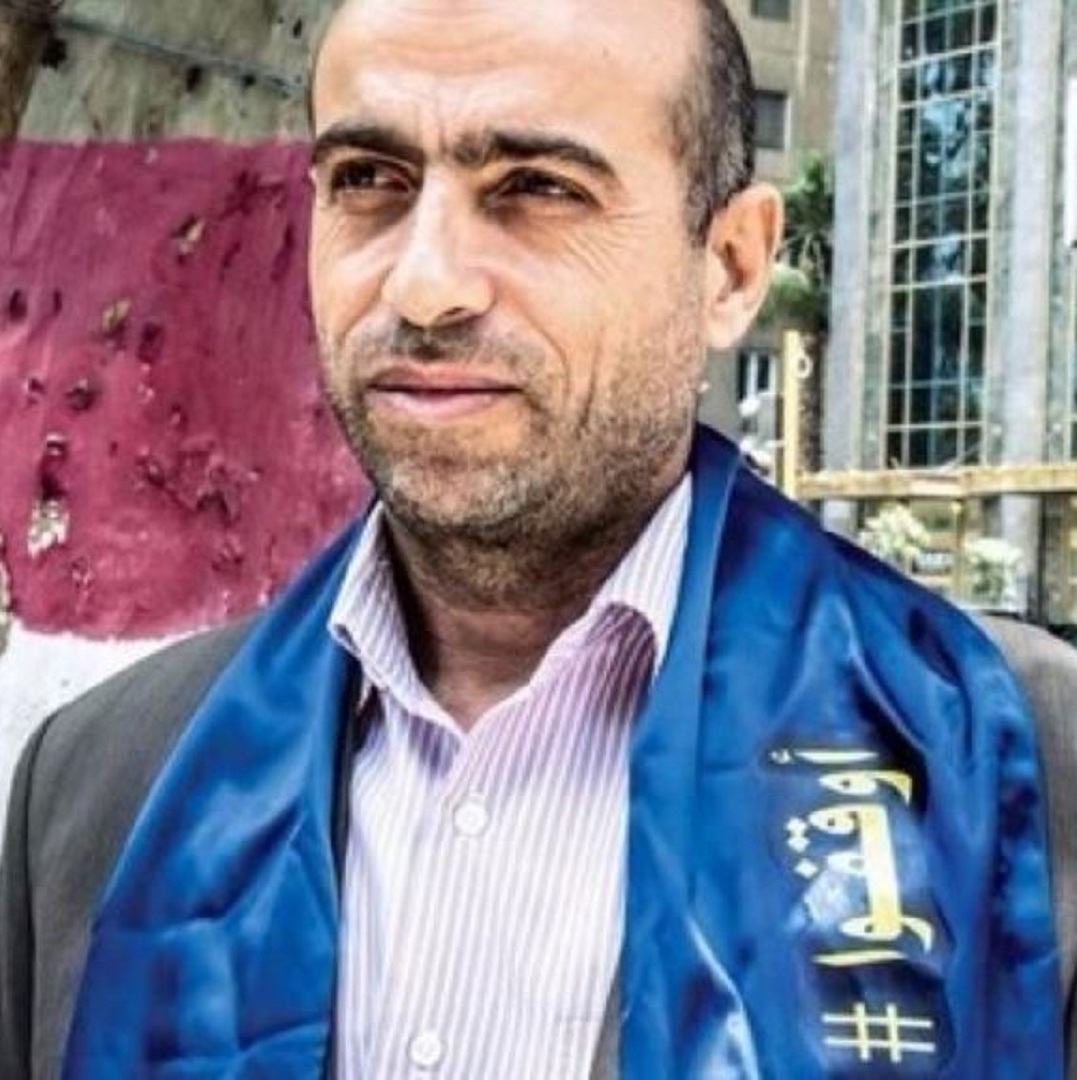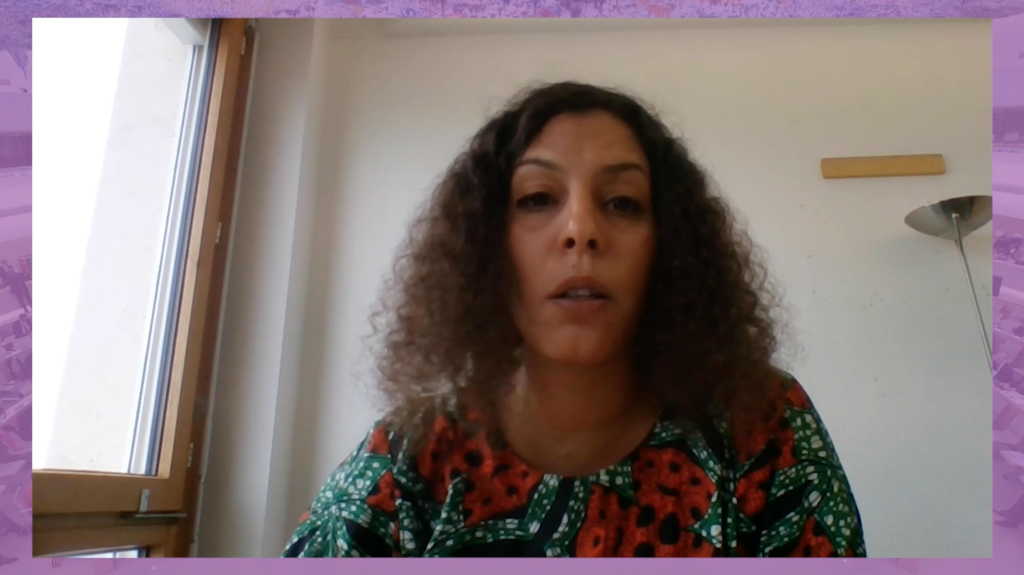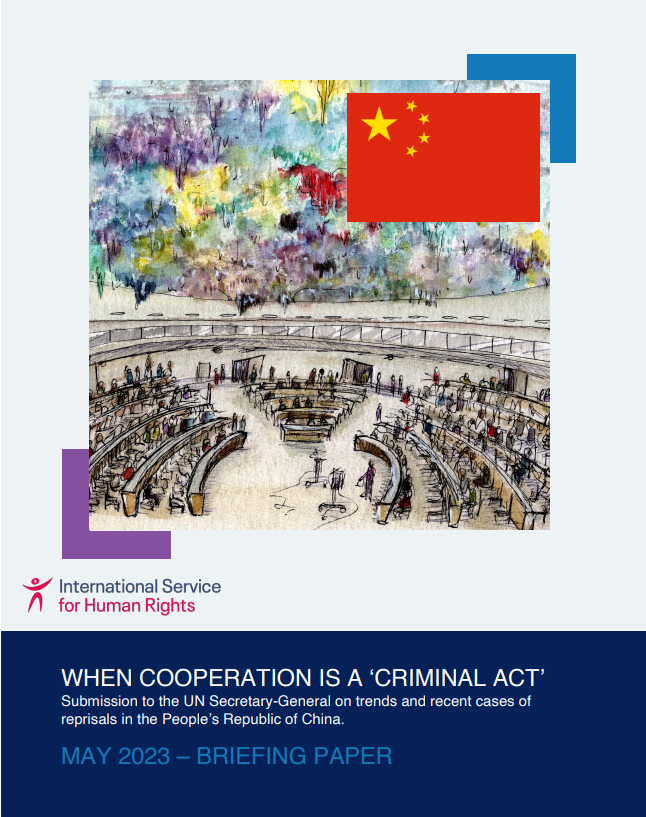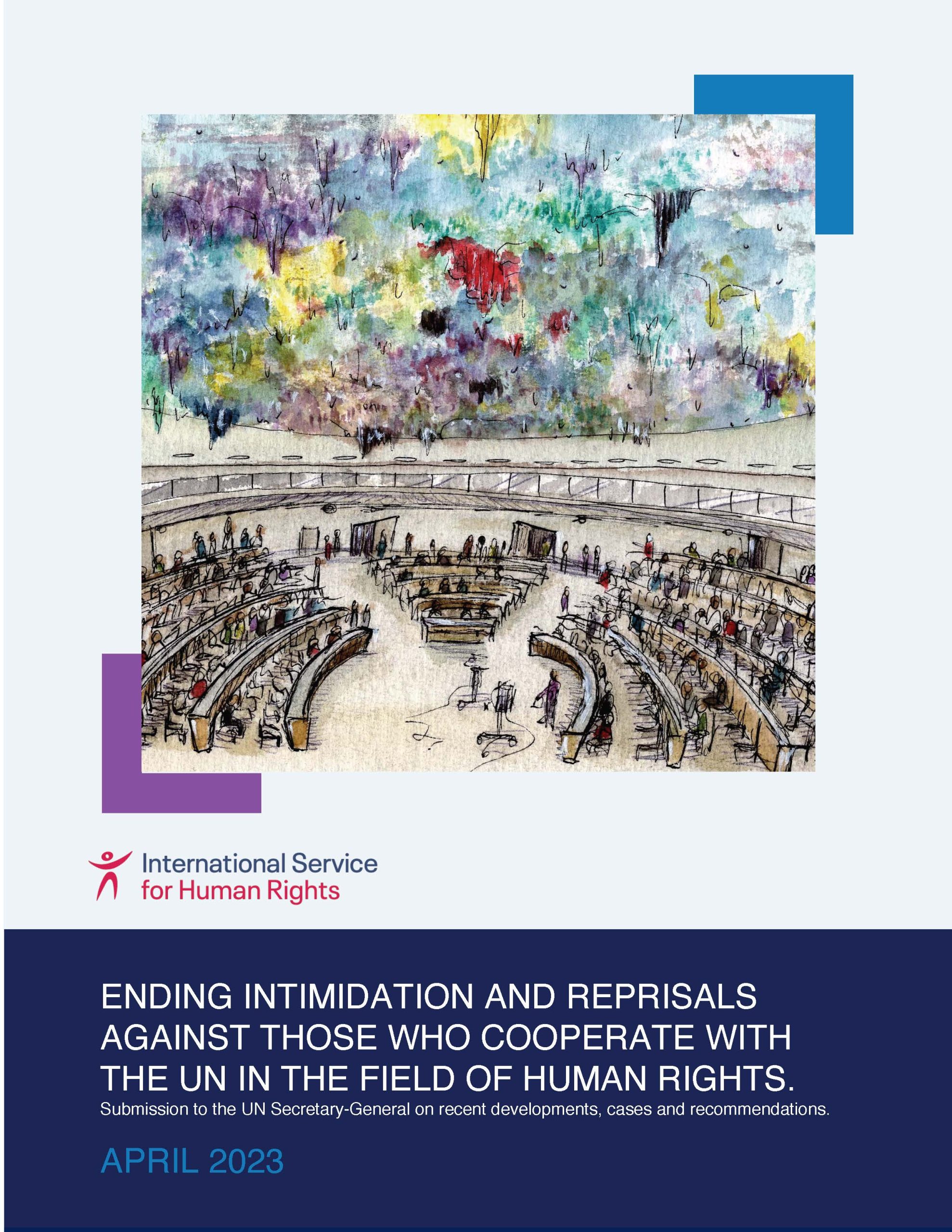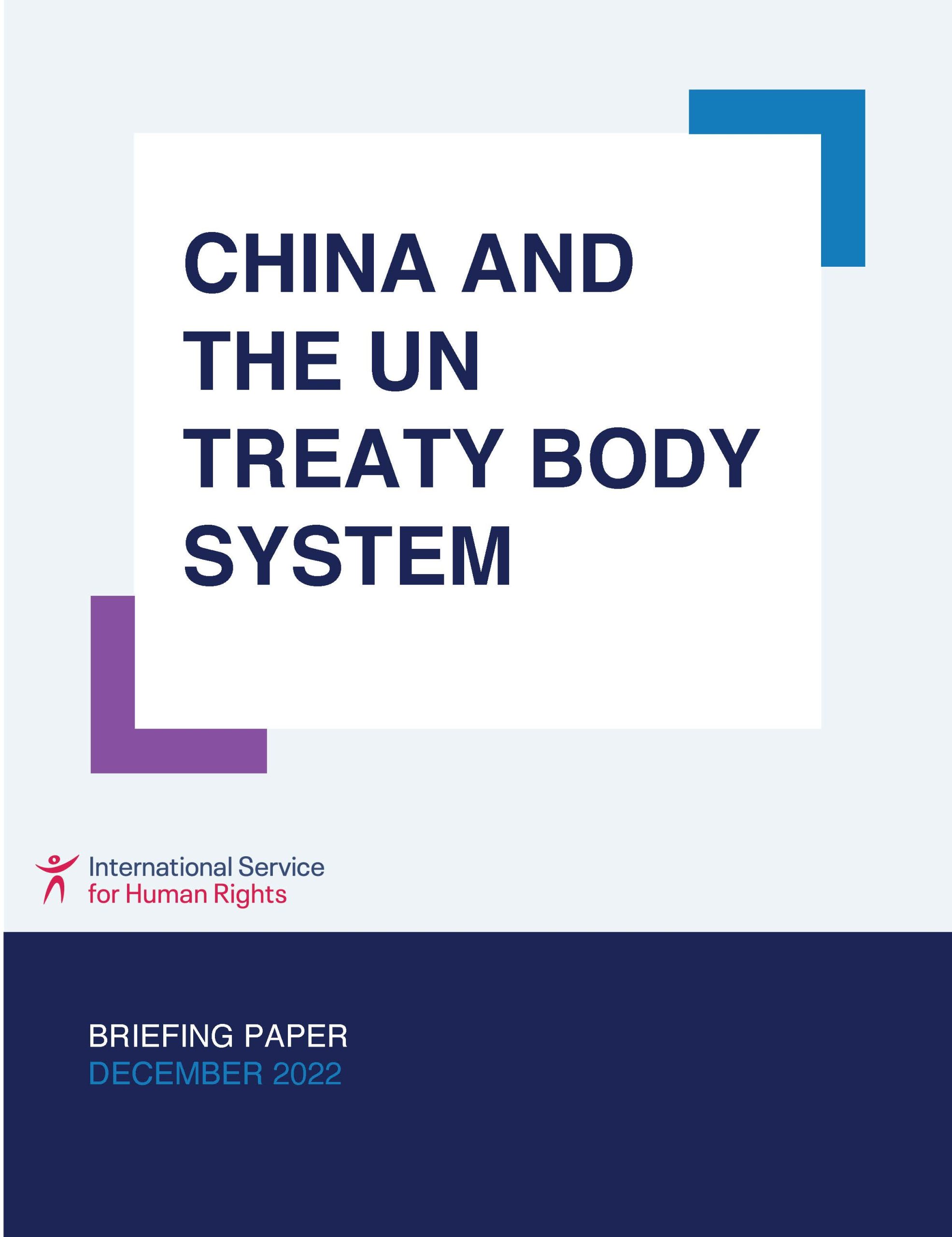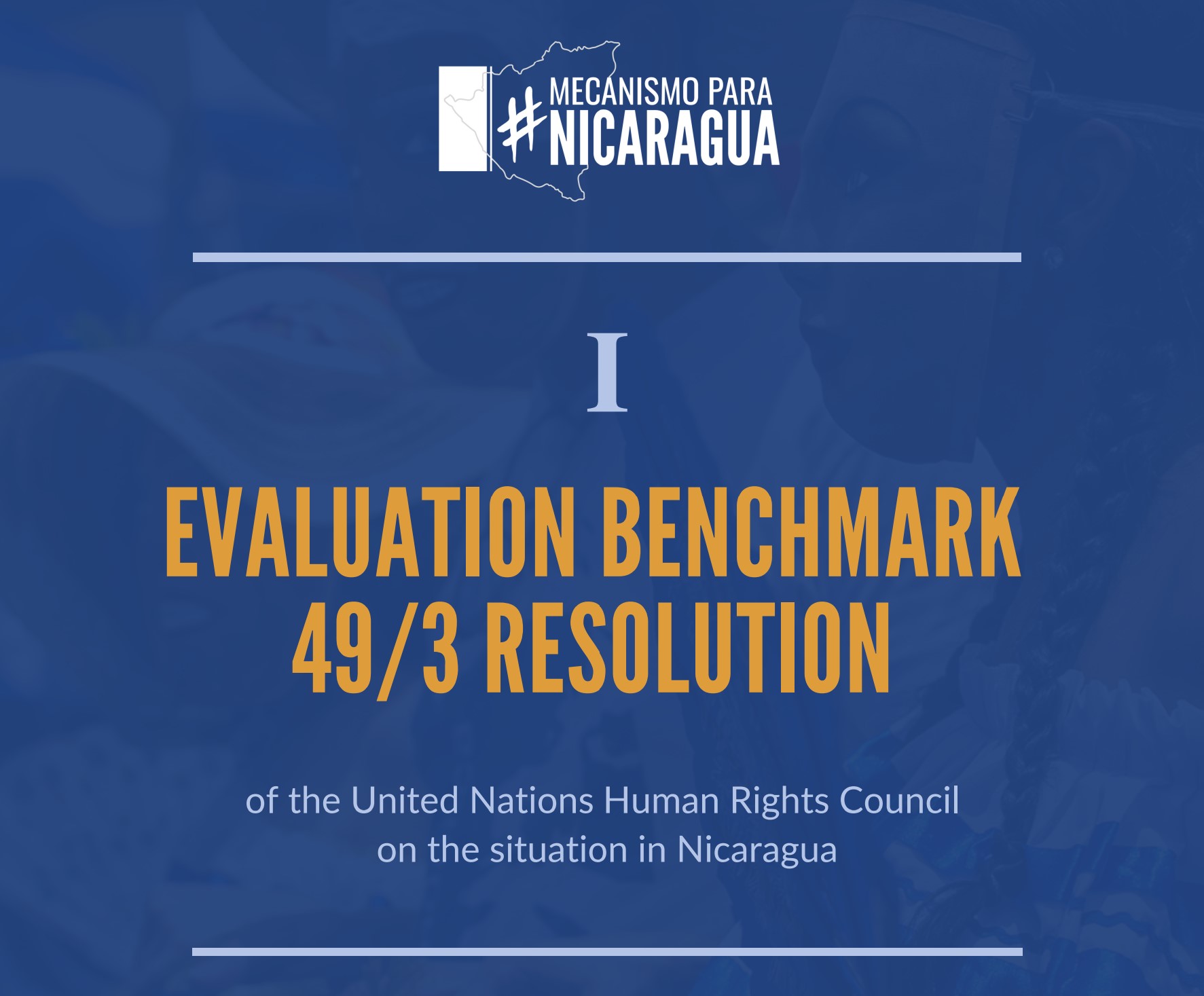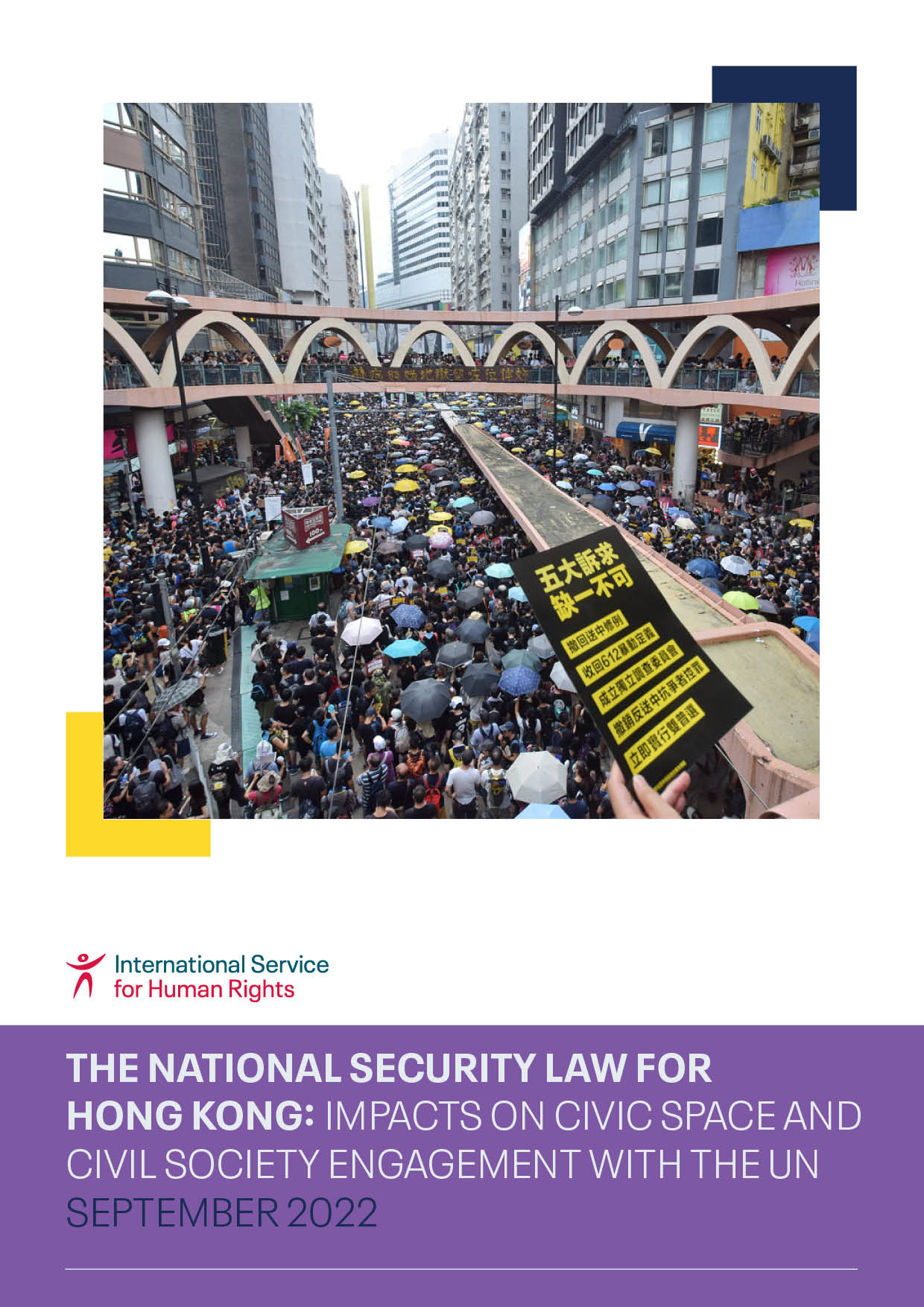Story behind
Armel Niyongere, Dieudonné Bashirahishize, Vital Nshimirimana and Lambert Nigarura are four lawyers, human rights defenders and activists from Burundi. They are prominent and well-respected figures within Burundian civil society and their local communities.
They publicly denounced and condemned the use of violence by the Government of Burundi, including following citizens’ protests in 2015, when the former Burundian President, Pierre Nkurunziza, sought a third term in violation of the country’s Constitution.
Fearing for their safety given the violent targeting of protestors by the Government, the lawyers fled Burundi in May and June 2015. To date, they have not been able to return to Burundi out of fear of suffering additional retaliatory actions.
What happened?
In July 2016, the four lawyers provided information regarding human rights violations perpetrated by the government of Burundi to the UN Committee Against Torture (CAT), during its special review of the State. Armel Niyongere, Dieudonné Bashirahishize and Lambert Nigarura attended the session in Geneva, where they presented a special report detailing the Burundian government’s abusive treatment of political dissidents.
Following their crucial participation as civil society representatives at the CAT session, as well as referring the case to the East African Court of Justice, the four human rights defenders were sanctioned by the Burundian courts, without a fair trial and on the basis of unsubstantiated accusations.
Additionally, Bashirahishize, Niyongere and Nshimirimana were summarily disbarred by the Court of Appeals and have not been able to practise law in Burundi since. Nigarura was suspended from practice for one year and banned from sitting on the Executive Committee of the Bar for five years.
After the prosecutor initiated the disbarment proceedings against the defenders, the CAT wrote to the government of Burundi stating that they considered the administrative sanctions against the human rights defenders an act of reprisal.
On 2 February 2021, three of the four lawyers, Armel Niyongere, Vital Nshimirimana and Dieudonné Bashirahishize, were among a group of twelve defenders sentenced in absentia to life imprisonment for ‘insurrection and organising a coup.’ The sentencing also ordered the defendants to pay financial compensation, including the seizure of the financial assets of their families.
To date, the lawyers have not obtained a copy of the judgement, making it impossible to appeal further. The lawyers remain disbarred and in exile.
Nonetheless, on 25 November 2021, the East African Court of Justice eventually recognised that the third mandate of President Pierre Nkurunziza was imposed in violation of the Constitution, the Arusha agreement and the East African Community Treaty.
What do we want?
We want the cases of Armel Niyongere, Dieudonné Bashirahishize, Vital Nshimirimana and Lambert Nigarura to be widely recognised as constituting acts of reprisals. We want them to be able to return to Burundi without fear of threats or imprisonment and to recover their right to practise law in safety. We call on States to publicly raise their cases during the Interactive Dialogue with the Assistant Secretary-General at the 51st Session of the Human Rights Council in Geneva.
Call to Action
Join us in calling on States to #EndReprisals against human rights defenders! Here are two quick, impactful actions you can take:
Click to tweet
a message in solidarity with Armel Niyongere, Dieudonné Bashirahishize, Vital Nshimirimana and Lambert Nigarura and call on States to take up their case and demand that their right to practise law and carry out their human rights work safely and effectively in Burundi be restored, so they can continue their vital work in holding the government accountable for its human rights abuses.
Write to State representatives at the UN
and urge them to take up Armel Niyongere, Dieudonné Bashirahishize, Vital Nshimirimana and Lambert Nigarura’s case and those of human rights defenders and organisations from Belarus, China, Egypt and Venezuela.
